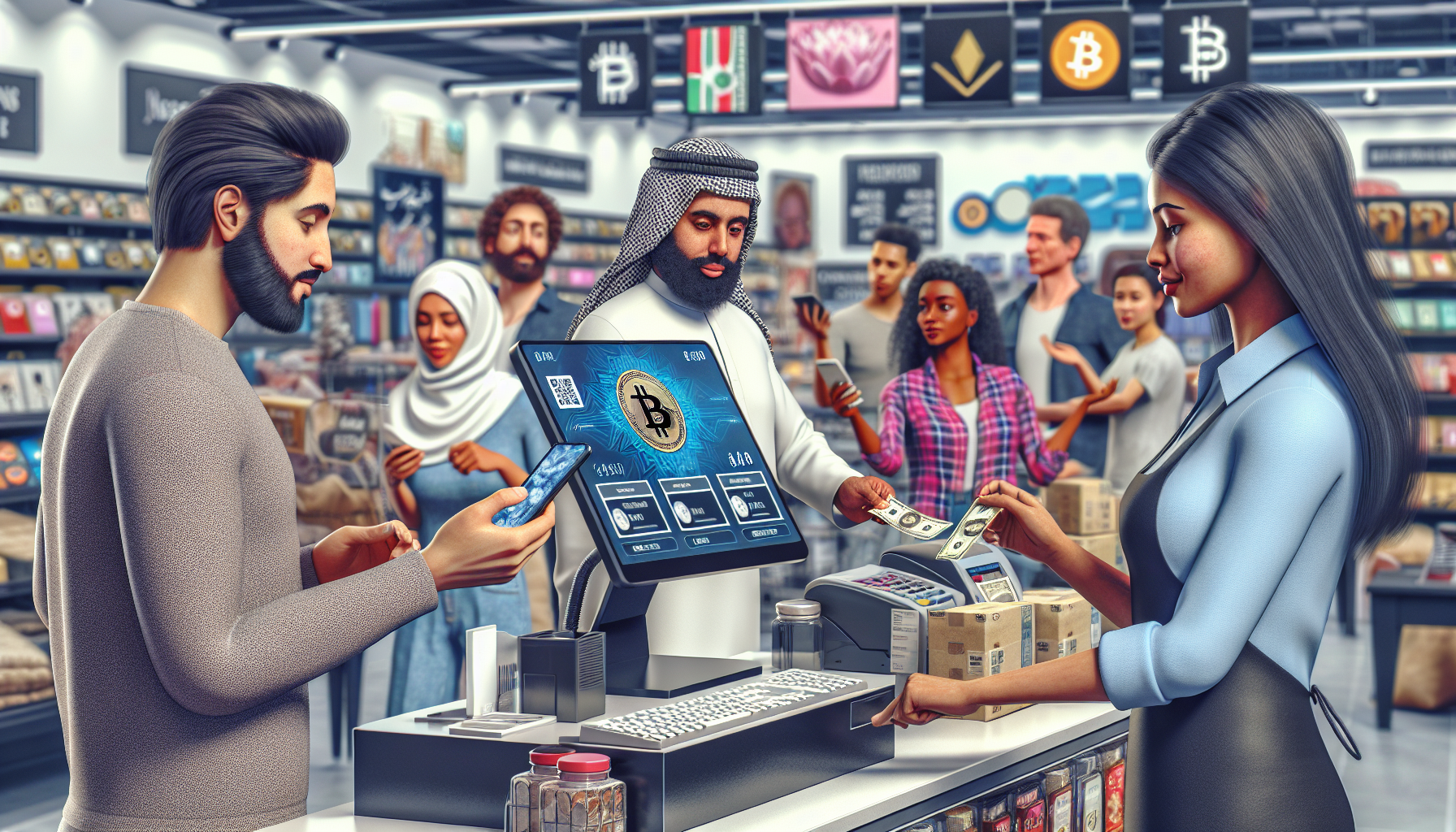
tl;dr
**Crypto Influencer Scandal Exposes Hidden Payments and Lack of Disclosure**
In a bombshell revelation, blockchain sleuth ZachXBT has uncovered a murky underbelly of the crypto world: over 200 influencers allegedly accepting thousands—sometimes up to $60,000—for posts promoting token projects, wi...
**Crypto Influencer Scandal Exposes Hidden Payments and Lack of Disclosure**
In a bombshell revelation, blockchain sleuth ZachXBT has uncovered a murky underbelly of the crypto world: over 200 influencers allegedly accepting thousands—sometimes up to $60,000—for posts promoting token projects, with most failing to disclose their ties as ads. The findings, shared via a leaked spreadsheet on X, have sparked outrage and raised urgent questions about transparency, ethics, and the integrity of market narratives.
**The Leak: A Tiered Pricing System**
The spreadsheet, which ZachXBT analyzed by tracing blockchain transactions, revealed a structured payment model akin to traditional media buys. High-profile influencers commanded $5,000 to $10,000 per post, while micro-influencers accepted as little as a few hundred dollars. At the top of the list was @atitty_, who reportedly earned $60,000 for a giveaway-style post designed to boost engagement—a tactic critics say is meant to manipulate sentiment and inflate token prices.
What’s more alarming? Of the 160+ influencers who accepted deals from a single project, fewer than five tagged their posts as advertisements. “This is illegal in most jurisdictions but rarely enforced,” ZachXBT noted, highlighting a glaring gap between rules and reality.
**The Disclosure Gap: A Legal Gray Area**
The lack of disclosure has drawn sharp criticism from the community. Erick, co-founder of The OTC Network, called the practice “deceptive,” arguing that failing to use #ad tags misleads followers. “It’s wild people in crypto don’t see the need to alert their following,” he said, underscoring a cultural disconnect between the industry’s self-regulation and legal standards.
Repeat offenders have also come under scrutiny. Pseudonymous researcher “dethective” flagged accounts like @Regrets10x and @lynk0x, which allegedly operated under the same person and received double payments from a single project. Their analysis further revealed that many influencers earned more from promotions and insider deals than from trading—a troubling sign of conflicts of interest.
**Manufacturing Hype: The Illusion of Organic Support**
The leak has ignited a broader debate about the authenticity of “organic” hype in crypto. One observer argued the data shows how “modern crypto narratives are manufactured,” with influencers creating artificial excitement to generate exit liquidity for insiders. “What looks like community-driven growth is often a pre-priced, pay-for-play distribution,” they said, suggesting that trust in the ecosystem is eroding.
While some influencers defend their work by claiming they only promote tokens they “believe in,” critics remain skeptical. “If you’re getting straight payment, it’s hard to ignore the conflict of interest,” one user remarked. The case of an award-winning crypto influencer who had to deactivate their X account after being exposed for using bots to inflate metrics further highlights the industry’s deep-rooted issues.
**Regulatory Scrutiny Intensifies**
With regulators already tightening oversight, this scandal could force the crypto world into the spotlight. Last year, the UK’s Financial Conduct Authority (FCA) warned meme coin influencers that promoting unapproved tokens could be a criminal offense. Similar scrutiny is likely to follow in other jurisdictions, putting pressure on both influencers and projects to comply with disclosure rules.
The fallout raises a critical question: Can the industry self-regulate, or will external enforcement become unavoidable? As ZachXBT’s findings make clear, the line between promotion and manipulation is blurring—and the cost of opacity may soon be felt by all.